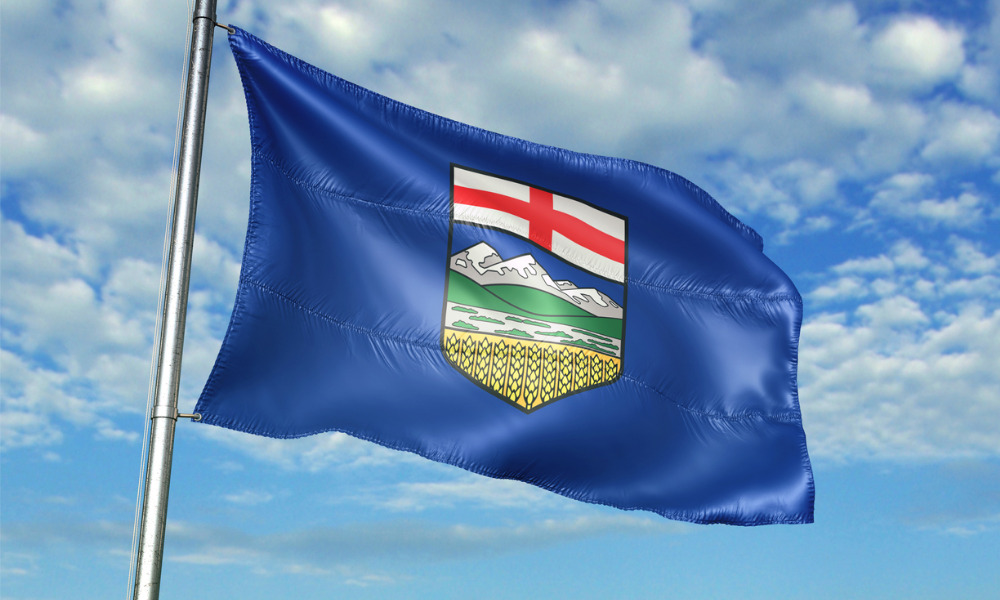Alberta has not gotten an equalization payment since 1964 to 1965 fiscal year

Jason Kenney, Alberta’s premier, has announced the introduction of a motion, which if passed will ask Albertans on a provincewide referendum ballot on Oct. 18 whether they think that s. 36(2) of the Constitution Act, 1982 should be removed.
If the Legislative Assembly passes the motion, the Cabinet will request the lieutenant-governor to order the referendum on the constitutional provision covering the federal government’s and the Parliament’s commitment to the principle of making equalization payments.
Equalization is the federal government’s primary transfer program for dealing with the fiscal imbalances among provinces and is financed by Albertans through federal tax contributions, which the federal government then transmits to other provinces for their programs and services.
Alberta has not gotten an equalization payment since the 1964 to 1965 fiscal year, said the provincial government’s news release. The Fair Deal Panel’s 2020 report to the Alberta government suggested that the province conduct a referendum tackling the matter of equalization.
“For too long, Albertans have been forced to subsidize public services in other parts of the country where politicians have been trying to block our pipelines and impair our vital economic interests, even during times of great economic hardship for us,” said Kenney in the news release.
“[Albertans’] generosity is being taken for granted by leaders who are happy to receive the money but reject the jobs that produce it,” said Kaycee Madu, Alberta’s justice minister and solicitor general.
“Alberta averages almost $20 billion annually in net contributions to Confederation,” said Tany Yao, member of the Legislative Assembly for Fort McMurray-Wood Buffalo and member of the Fair Deal Panel.
“Over the past 10 years, hard-working Albertans have sent over $400 billion to some provinces that run budgetary surpluses with money that isn’t theirs,” said Miranda Rosin, member of the Legislative Assembly for Banff-Kananaskis and member of the Fair Deal Panel.
Eric Adams, vice dean and professor at the University of Alberta Faculty of Law, told CBC News that he is concerned that Alberta’s government is trifling with the Constitution as a “partisan plaything.”
“It is about mobilizing an angry political base motivated by an idea that the government of Alberta thinks is in its interest, which is that Ottawa has been unfair to Albertans, and that there is somebody to blame for economic downturn, and there is someone to blame for the movement away from the carbon-based energy industry,” Adams said to CBC News.
Trevor Tombe, economist and professor at the University of Calgary, told CBC News that the province receives no equalization payments because Albertans accept the largest salaries in the country and pay higher federal taxes, regardless of these challenging times.
“We shouldn't be receiving equalization payments any more than Bill Gates should be receiving social assistance payments,” Tombe said in the CBC News article.
According to the CBC News article, these legal and economic experts have opined that there is almost no chance that the proposed referendum will impact Canada’s constitution.










